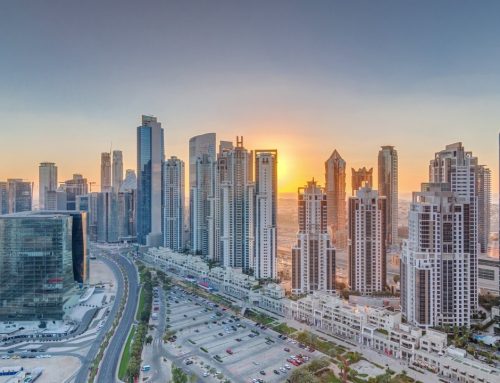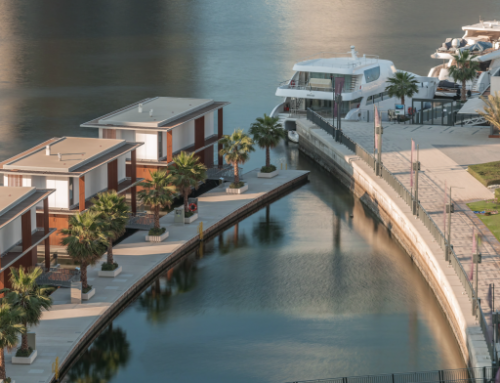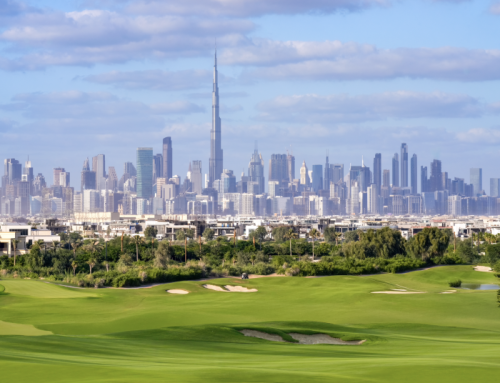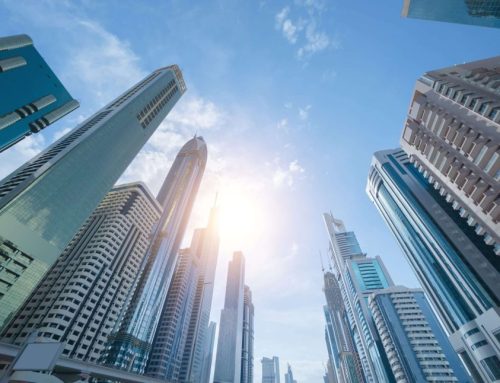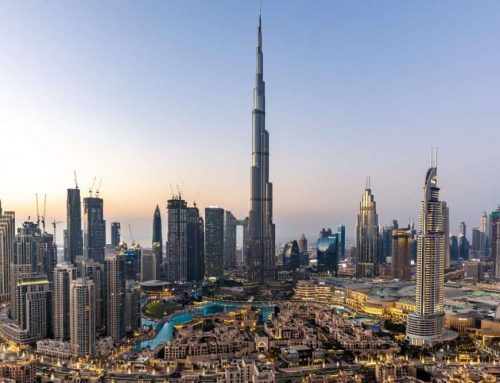Dubai’s Real Estate Post-Pandemic: Adapting to New Norms and Market Shifts
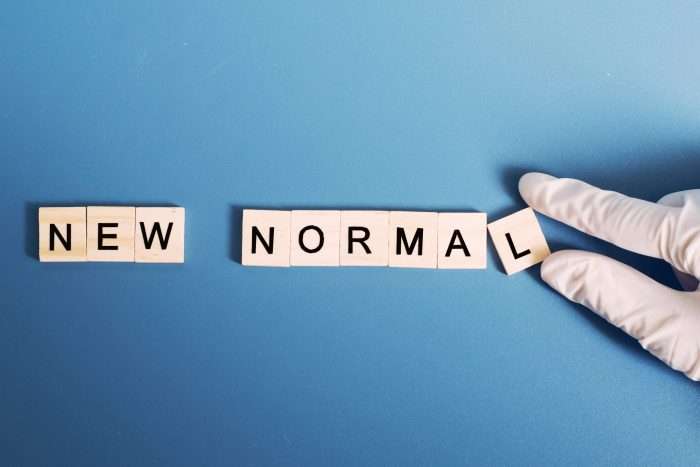
The COVID-19 pandemic has left an indelible mark on various industries worldwide, and the Dubai real estate market is no exception.
As one of the most dynamic and sought-after real estate markets globally, Dubai faced unprecedented challenges during the pandemic.
However, the market has demonstrated remarkable resilience and adaptability in the face of these changes.
Embracing Digital Transformation
- The pandemic accelerated the adoption of technology across industries, and real estate was no different.
- Virtual property tours, online property listings, and digital transactions gained prominence, allowing buyers and investors to explore properties from the safety of their homes.
- Real estate agencies and developers have invested in user-friendly online platforms, making property search and transactions more convenient and efficient.
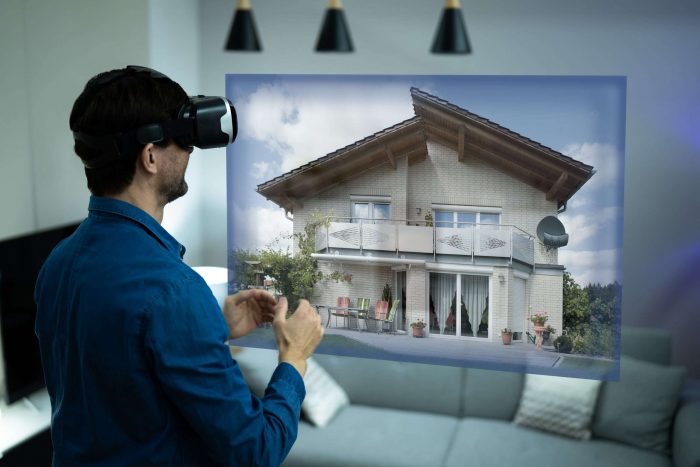
Focus on Health and Well-being
- Buyer preferences have shifted towards properties that emphasize health and well-being.
- Demand for homes with outdoor spaces, private gardens, and wellness amenities like gyms, pools, and green spaces has surged.
- Developers are integrating wellness-centric designs into their projects to cater to this growing demand for healthier living environments.
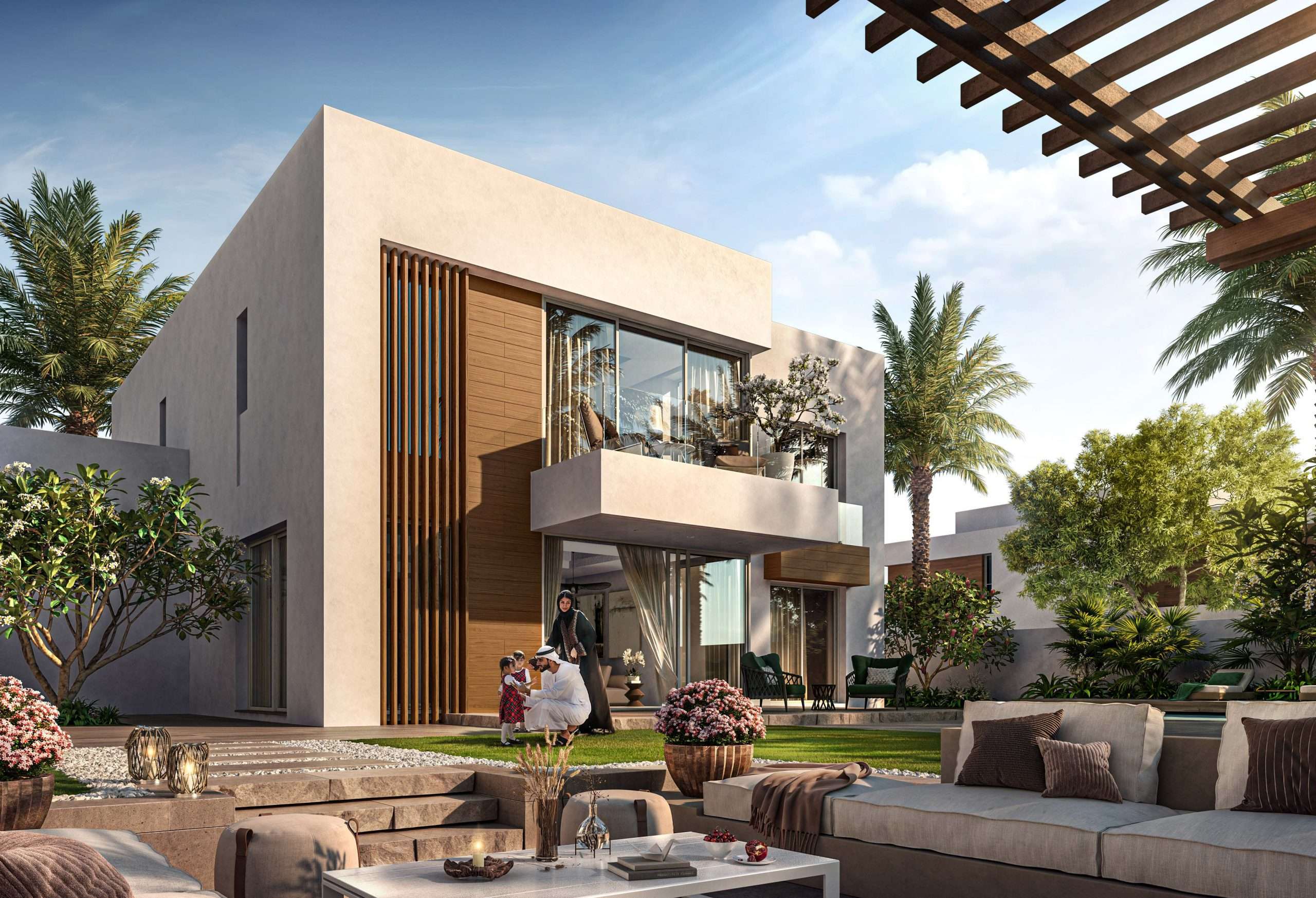
Remote Work and Hybrid Living
- Remote work became a norm during the pandemic, leading to a shift in how people perceive their living spaces.
- Homebuyers now prioritize properties that offer dedicated home offices, high-speed internet, and ergonomic designs conducive to remote work.
- This has also led to the rise of hybrid living concepts, where residential developments incorporate co-working spaces and facilities to accommodate work-from-home arrangements.

Sustainable and Green Initiatives:
- Environmental consciousness has gained traction, prompting developers to incorporate sustainable practices into their projects.
- From energy-efficient designs to eco-friendly materials, Dubai’s real estate market is witnessing a trend towards more sustainable and environmentally responsible construction.
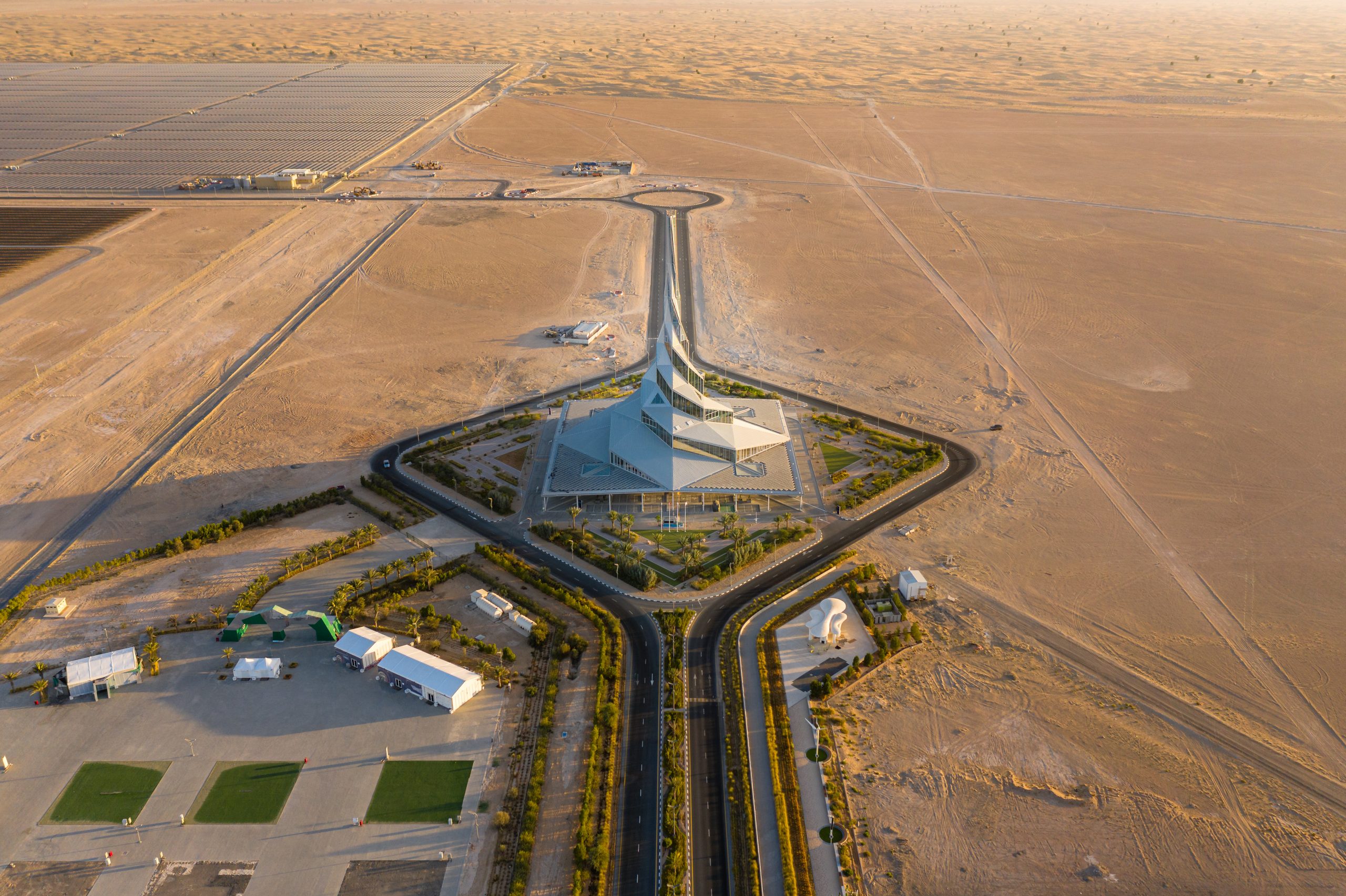
Rental Market Dynamics:
- The pandemic impacted the rental market, with a temporary decrease in demand for short-term rentals and an increased focus on long-term leasing.
- As travel restrictions ease, the short-term rental market is expected to gradually recover.
- Meanwhile, long-term rental demand remains stable, with tenants seeking flexible lease terms and well-equipped homes
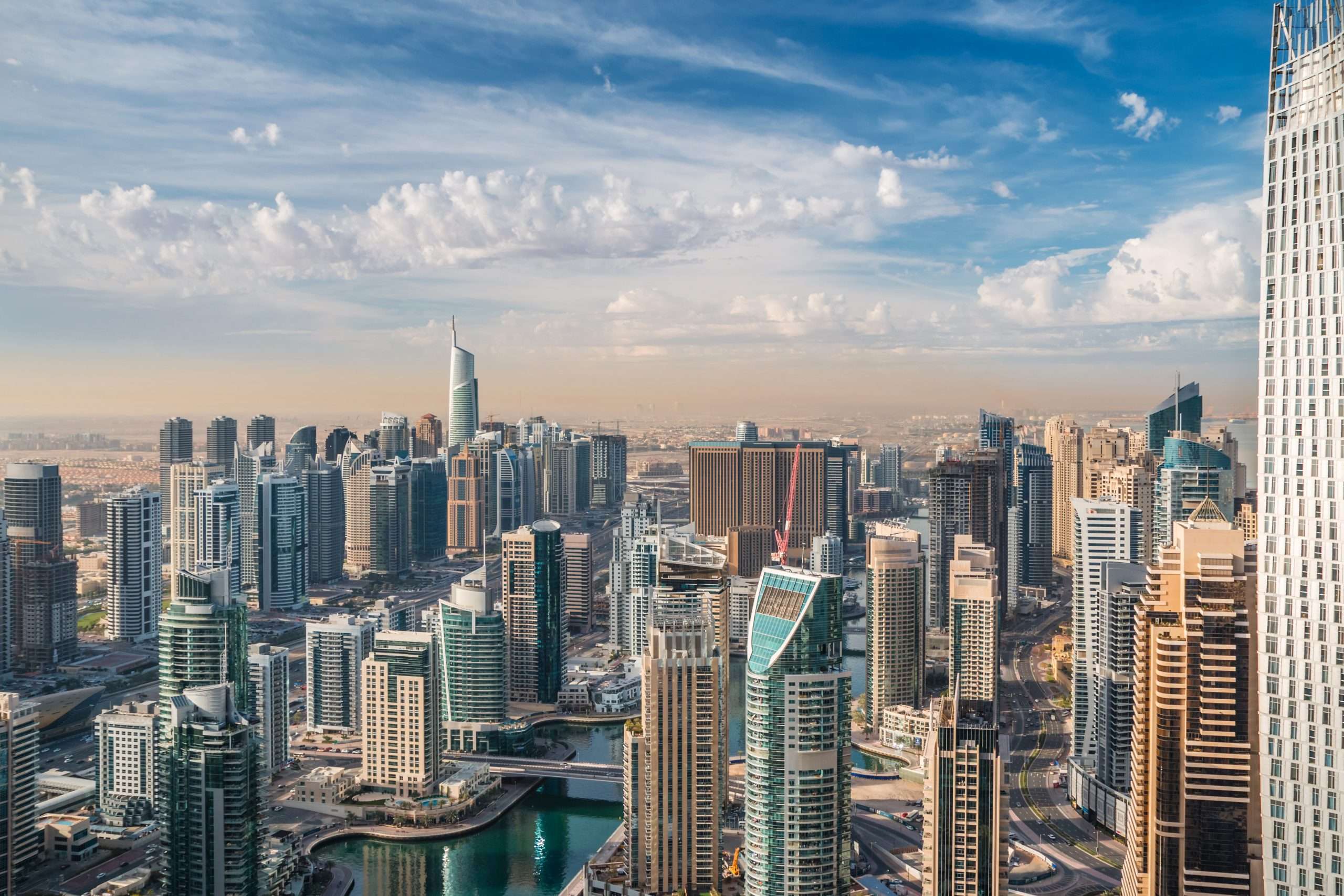
Shifts in Property Investment Strategies:
- Investment strategies have evolved post-pandemic, with a renewed focus on long-term gains and rental income.
- Investors are looking for properties that offer steady rental yields and potential for capital appreciation, rather than quick flips.
- Locations that offer good connectivity, quality amenities, and desirable living conditions are in high demand.
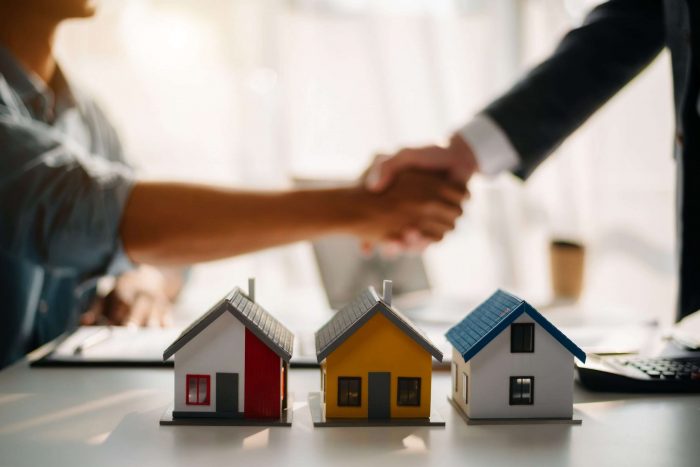
Reimagining Commercial Spaces:
- The commercial real estate sector has experienced changes driven by remote work and changing business needs.
- Office spaces are being reimagined to accommodate flexible work arrangements, collaborative spaces, and enhanced technology infrastructure.
- Retail spaces are also adapting to incorporate online and offline shopping experiences, creating a more integrated approach.
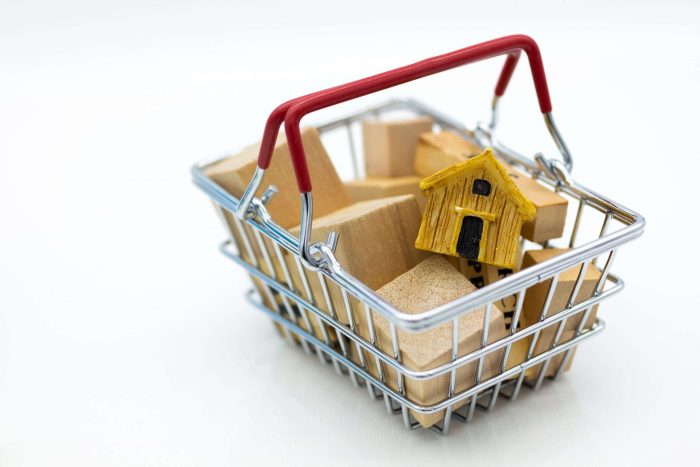
Dubai’s real estate market has shown remarkable resilience and adaptability in the face of the pandemic’s challenges.
The market’s response to new norms and shifts reflects a commitment to innovation, sustainability, and meeting the evolving needs of buyers, investors, and tenants.
As Dubai continues to recover and move forward, the real estate sector is poised to capitalize on the lessons learned during the pandemic, shaping a more dynamic, inclusive, and technology-driven market landscape.

